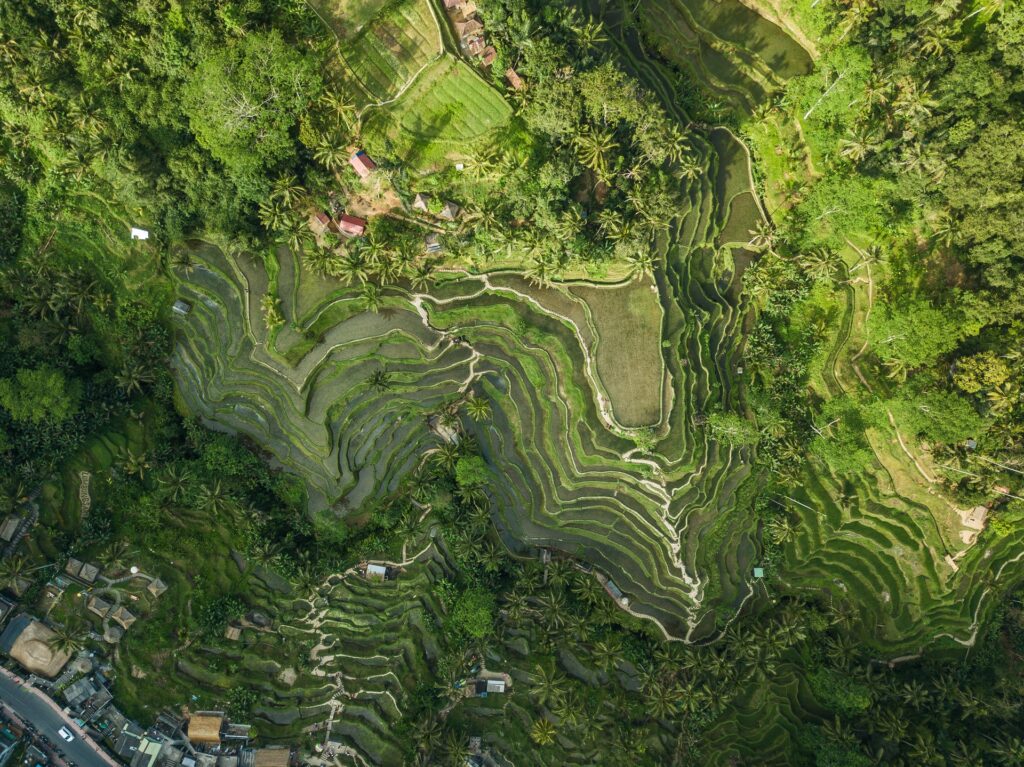
More than a slap on the wrist
4 December, 2020
After a decade in the making, ecocide is back on the table.
A few years ago we wrote about ecocide, an idea championed by the late Polly Higgins and the Stop Ecocide Foundation. Ecocide is underpinned by the idea that all inhabitants on the earth, and the earth itself, have a right to life. It recognises ecocide as a criminal act if mass damage and destruction to the earth occurs as a result of human activity, and imposes a legal duty of care on nations to protect all inhabitants against natural disasters.
Last week, the Foundation announced that international lawyers are now working on the legal definition of ecocide. This is the first step needed to make it an enforceable crime with the International Criminal Court, and is supported by Swedish parliament, President Macron, Belgian government, several UK MPs and several small island nations such as Vanuatu and the Maldives.
One of the challenges challenge lawyers attempting to prosecute will face is in identifying the moment damage to nature by humans becomes ecocide. At what point does an oil spill, resulting in oceanic pollution and the death of wild animals, fall under ecocide law? Or what scale of deforestation would be counted as “mass destruction”? And then, there is also a problem with how to take account of long term, smaller scale actions that don’t constitute mass damage but nonetheless degrade natural environments over time, as is the case of consistent overfishing.
Get a workable and robust definition of ecocide right, and this is likely to revolutionise corporate and government approaches to environmental protection. It almost certainly won’t fix every problem, but by being able to hold those in positions of power to account for the most severe, systemic and destructive crimes against the environment, we would hope that there would be an impact in how we all think about our relationship with the natural world.
By Jennie Mitchell
 Back to all friday 5
Back to all friday 5